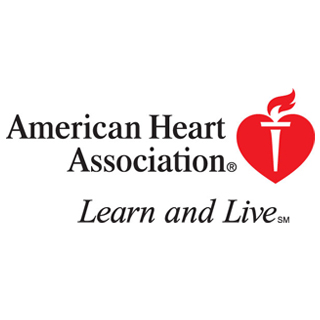
As per the calculations made by coronary artery calcification (CAC) test, PTSD is directly linked with atherosclerotic coronary disease. The electronic medical records of 286,194 veterans treated at VA medical centers in southern California and Nevada was evaluated. While the average age was 63 years, 85.1 percent were male. All the veterans had participated in conflicts during the Korean War. In the 10 year old follow-up, scientists adjusted age, gender, and common cardiovascular risk factors. As a result, veterans diagnosed with PTSD probably had 2.41 times the rate of death from all causes compared to non-PTSD veterans. So PTSD seems to be an independent predictor of death from all causes. While PTSD patients made up 10.6 percent i.e. 30,460 of the entire group of veterans, 28.9 percent who died had PTSD.
Naser Ahmadi, M.D., M.S., a research scientist at the Greater Los Angeles Veterans Administration (VA) Medical Center, quoted, “The current PTSD treatment protocol is to provide relief of symptoms alone. PTSD is a very debilitating disorder. It makes the patient feel hopeless. These patients constantly struggle with many different (psychological) problems. The study’s findings are important because they show that PTSD predicts death independently of known cardiovascular risk factors. We also believe we have found a mechanism by which PTSD could increase the risk of cardiovascular events via atherosclerosis. If we focus on early detection and management of cardiovascular risk factors in veterans with PTSD, we might be able to delay the onset of cardiovascular disease.â€
The 637-veteran sub-study utilized a non-invasive technique for measuring the amount of coronary artery calcium. It was concluded that 76.1 percent of veterans with PTSD and 59 percent non-PTSD veterans have at least some CAC. As a group, the PTSD veterans reportedly had more severe disease of their arteries with an average CAC score of 448 than 332 in non-PTSD veterans. The subgroup was then sorted on the basis of their calcium buildup. On controlling cardiovascular risk factors and mental status it appeared that at every level of calcium buildup, the PTSD veterans had a higher risk of all-cause mortality. PTSD veterans with calcium buildup apparently had a 48 percent more threat of death from any cause and a 41 percent greater risk of death due to cardiovascular disease.
The study was presented at the American Heart Association’s Scientific Sessions 2010.
